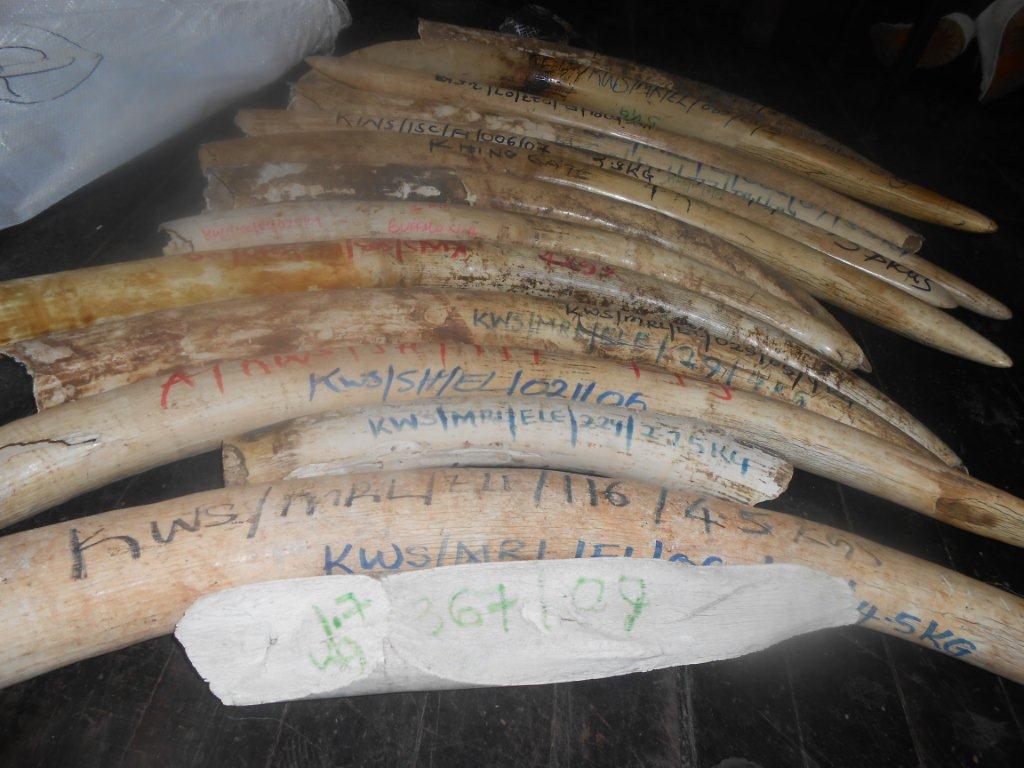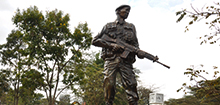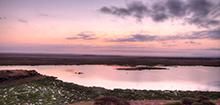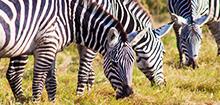
Kenya is in the process of compiling her national stockpiles of elephant ivory and rhino horn in an exercise that was officially launched by the Cabinet Secretary for Environment and Natural Resources, Prof. Judi Wakhungu on July 21, 2015 at Kenya Wildlife Service headquarters in Nairobi.
Wildlife Conservation and Management Act, 2013 requires that Kenya Wildlife Service undertakes an audit every year of Government trophy stockpile held in the country and publishes the results of the audit. Besides, the CITES convention, to which Kenya is a state party, requires state parties to take certain action steps to properly manage ivory within their jurisdictions.
The exercise involves taking an inventory of all ivory and rhino horn stockpiles in the country, including court exhibits and any other that might be held by other agencies by virtue of their legal mandate such as the judiciary, police, Customs, and wildlife conservancies among others.
“ I am happy to note that this is the first time these high value trophy stockpiles will be digitally inventoried in one go and shall form the basis for future national audits in fulfilment of the provisions of the Wildlife Act and reporting to the CITES Convention”, said Prof. Wakhungu .
The inventory is being undertaken using digital technology that has been tested and successfully applied in other African elephant range States. KWS has partnered with Stop Ivory, a UK-based NGO to support the forty-five days exercise by offering technical and financial support. Members of the inventory teams have been drawn from KWS and Stop Ivory with auxiliary support from university students.
The exercise involves collection of elephant ivory and rhino horn samples, which will be used to create a DNA reference library for profiling the national populations of elephants and rhinos. The DNA library will be a central component in analysis of forensic evidence for use in prosecution of wildlife crime not only in Kenya but also in the region.
“Once the exercise is complete, results will be made available to KWS Board and to the Cabinet Secretary for approval and subsequent gazettement in line with the Wildlife Act. This will form the basis of future audits, national reporting and compliance with CITES requirement”, the cabinet secretary said.
KWS Board of Trustees Chairman, Dr. Richard Leakey, British High Commissioner to Kenya, Dr. Christine Turner, and top executives of wildlife conservation organisations were among top executives who attended the launch.
Dr. Leakey assured the public that KWS has not lost any land so far to infrastructure development in Nairobi National Park but hastened to add that constructive discussions among officials from the National Land Commission, Kenya railways and KWS are ongoing regarding proposals on the route to be taken by the Standard Gauge Railway. He said a technical team has been constituted to address access and security in the park among other issues, and a report from them is expected at the end of this week.





